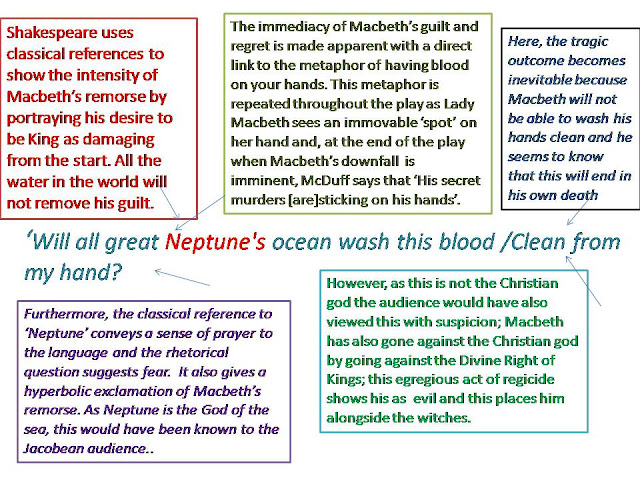Hello Y10
We will now sit the CA next week due to absence and people not feeling quite prepared.
After reading your paragraphs, I think that what we’re missing is thorough analysis of debate. We may want to think about structuring this in a different way. We could have a paragraph about how you use and adapt language, then some analysis of spoken language data and then analysis of debates around multi-modal communication. You don’t have to do it this way, but it would ensure you cover all the AOs. Remember, this is only an 800-1000 word essay.
It'll be like this:
Here are the articles from the lesson:
We will now sit the CA next week due to absence and people not feeling quite prepared.
After reading your paragraphs, I think that what we’re missing is thorough analysis of debate. We may want to think about structuring this in a different way. We could have a paragraph about how you use and adapt language, then some analysis of spoken language data and then analysis of debates around multi-modal communication. You don’t have to do it this way, but it would ensure you cover all the AOs. Remember, this is only an 800-1000 word essay.
It'll be like this:
Brief
intro – a little over view
of the debates around digital communication
1 – How you use and adapt
language to different contexts. You speak differently to me than you do your mum,
and your mum differently than your friends. Add in a little data to show evidence of this.
2 – Analyse some of the
data you have. How does it replicate face to face communication? Why does it do
this? This is a full analysis of your data (transcripts). You have had a
thinking square to help you do this.
3 – Analyse the debates
around digital communication. Have two opposing debates. What do you think
about them? You have had a thinking square to help you do this.
Conc – round it up with
your opinion. Is it that language changes all the time and digital technology
has increased the speed of the change? Do you think that such quick changes
will damage language?
Here are the articles from the lesson:
Article 1 - texting.
Article 2 - attention span
The best
analysis came from those that used the thinking
squares really well. Use them to analyse debate and how you use and adapt language. These would be good for planning too. Three thinking squares could be a really good plan!
Success Criteria for your essay
Skilled is
- Confident explanation and analysis of how they and others use and adapt spoken language for specific purposes (this also comes out in your analysis)
- confident analysis and reflection on features found in some spoken language data
- confident analysis of some issues arising from public attitudes to spoken language varieties.
Excellent is...
- Sophisticated, perceptive analysis and evaluation of aspects of how they and others use and adapt spoken language for specific purposes
- Impressive’ sustained and sophisticated interpretations of key features found in spoken language data
- Sophisticated analysis and evaluation of key issues arising from public attitudes to spoken language varieties
Homework:
Research
Accommodation Theory. This is good for how people use and adapt language. What
are the main points?
Here is the thinking square we used in Friday's lesson:
